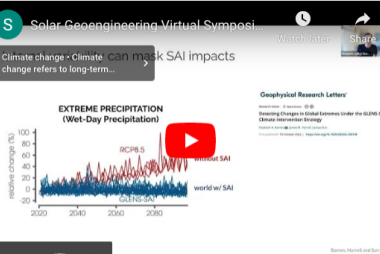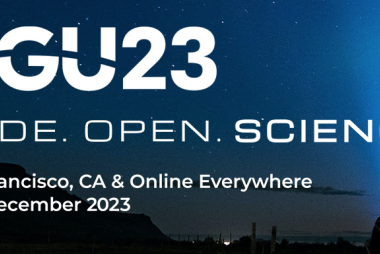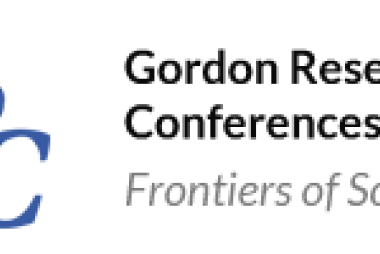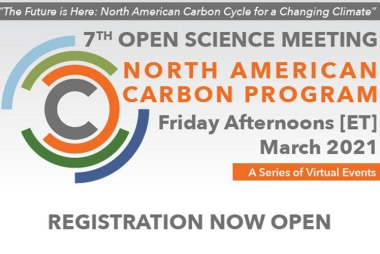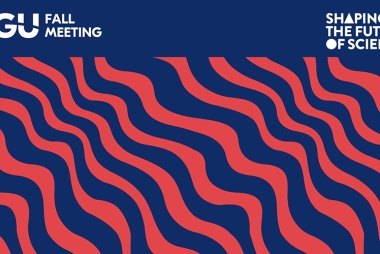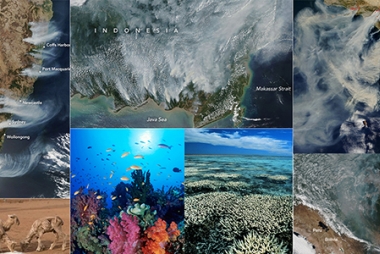April 2024 Co-Creating Useful and Usable Climate Intervention Simulations Workshop Summary
Human-caused climate change is widely seen as a fundamental challenge for current and future generations to address. An international workshop was recently held at Arizona State University’s Walton Center for Planetary Health as part of National Science Foundation supported research to use Earth systems models (global computer simulations) to better understand and plan for possible social and environmental impacts of potential deliberate human interventions in Earth's climate.
Summarizing this goal, project co-investigator and workshop co-host Michael Barton details the leading thoughts and questions driving their current research. “The world we know today is the result of unintentional climate intervention,” Barton said. “We may now need to intervene intentionally to reverse these changes. What interventions would be most effective, most beneficial, and least harmful? And how could they possibly be deployed in a world of diverse nations?”
The workshop brought together an international community of stakeholders and users of Earth systems models to advise the project in seeking answers to these questions. Titled “Co-creating Useful and Usable Climate Intervention Simulations”, the workshop was jointly hosted by researchers from the ASU School of Complex Adaptive Systems (SCAS) and the National Center for Atmospheric Research (NCAR). Between April 10-12, stakeholders in the world of climate science and modeling, mitigation and policymaking shared their perspectives on aspects of Earth systems modeling that would be most useful in making policy-related decisions.
In addition to PI-led presentations, the event featured presentations by attendees, including discussions of proposed solar radiation management (SRM) and carbon dioxide removal (CDR) methods, governmental programs for climate technology assessment, and ongoing research investigating the impacts of climate change on economic, agricultural, and environmental systems.
A key component of this workshop was its focus on gathering stakeholder input and perspective to help project scientists co-design Earth system modeling research that would be helpful to a wide range of potential users. In support of this aim, participants joined daily breakout groups where they shared what they viewed as necessary features for the most usable and useful version of climate intervention simulation models. This input is essential to the continued co-development and refinement of the climate-related simulations to be carried out by the hosting groups.
“The recent workshop was both sobering and inspirational,” social dynamics modeler Allen Lee reported. “The scale of work ahead to reach a more climate resilient future feels overwhelming but the people thinking carefully about this and working on solutions are deeply skilled and passionate about getting us there.”
To see the archived agenda and associated workshop materials, view the workshop page.

